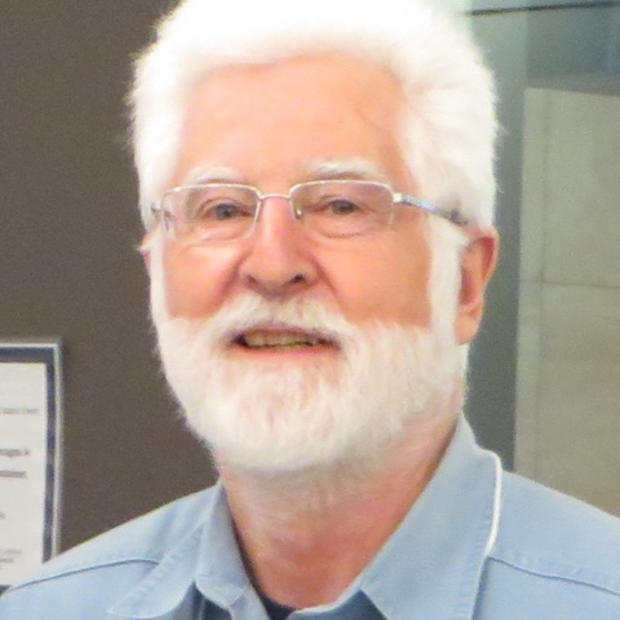It'ês not just about the math. It'ês not even just about the much-heralded 'êmath wars'ê between 'êtraditional'ê math and 'êdiscovery'ê math.
For sure, Thursday'ês decision by Superior Court Judge Julie Specter, ruling that the Seattle School District was arbitrary and capricious when it selected the 'êinquiry-based'ê Discovering Series math for its high school math textbooks, was certainly a high point in the local wars and vindication for the traditional-math plaintiffs, parent Da-Zane Porter, retired math teacher Martha McLaren, and climate-science blogger and UW professor Cliff Mass.
But you have to ask: What the heck is school curriculum doing in court, anyway? The answer tells us a lot about the problems of public schools.
The Discovering Series case was an appeal of a 4-3 split decision by the School Board last May. School boards have the final say on what gets taught. They'êre our representatives, supposed to embody the common values and common sense of our communities. But among themselves they don'êt always agree. Our community is also divided. In this case Sherry Carr, Cheryl Chow, Peter Maier, and Steve Sundquist chose in favor of reform-discovery-inquiry math where small groups of kids working together 'êdiscover'ê some of the principles of mathematics. Board president Michael DeBell, Mary Bass, and Harium Martin-Morris took the (losing) side of more traditional methods where kids are taught problem-solving algorithms (the relationship of the square of the hypotenuse to the sum of the squares of the other two sides of a right triangle, for example), and computation is memorized, as with multiplication tables.
Playing an equally important role (and some would say with more power), the professional educators weigh in with their views. In this case, a large committee of district staff and Superintendent Maria Goodloe-Johnson recommended the Discovering Series. On the other hand, a couple months before the vote, in a report cited by Judge Specter, the state Board of Education issued a report that found the Discovering Series 'êmathematically unsound.'ê Like our communities, the experts are divided.
Unfortunately, these divisions are part of the problem. There is a lot good you can say about conflict: It'ês creative, it weeds out dumb or bad ideas, that sort of thing. But curriculum conflicts — math teaching is only the most visible — are both a symptom and a cause of the problems the U.S. has with K-12 education. Put simply: We don'êt know what to teach.
The result over the past 40 years has been a weakening of common curriculum to the point where transferring from one school to another — even just within the Seattle School District — almost certainly means a kid will end up in a class studying something entirely different from the class she left. And who transfers the most? Poor kids, so this is a contributor to the achievement gap.
Mostly, we'êve left decisions about course content to individual schools and even to individual teachers. To her credit, Goodloe-Johnson is working toward a common curriculum that all schools would adhere to. (The late Mike Riley when he was superintendent of Bellevue schools, successfully tackled this problem by using the national Advanced Placement courses as the core of the district'ês high school curriculum. The result was consistency. AP chemistry is the same no matter where you are.)
The same or greater variations in curriculum occur between districts and, beyond that, between colleges of education, among teacher professional groups, and between states. It'ês the 'êmath wars'ê and more at every level. Of course, this situation is not trivial, especially for the kids.
Some teaching methods and textbooks are indeed better than others. To oversimplify points you'êll find on Mass's blog, a really bright kid is going to 'êdiscover'ê a lot of mathematics if given the chance. We ordinary folks are not. Meanwhile, we and our kids need the basic mathematical tools it takes to get through life. We need to be good and quick at addition, subtraction, multiplication, and division. We need algebra and geometry (every carpenter uses it all the time).
What happens next in the math wars? McLaren, the former teacher, says she'ês 'êcautiously optimistic that this will start to turn things around in math education in the schools.'ê (Disregarding for a moment that Seattle schools'ê elementary and middle school math curricula are more or less discovery-based.) But the school district says it will appeal, and Judge Specter'ês decision doesn'êt require the district to stop using or remove the Discovering Series texts from the city'ês high schools. After all, $1.2 million was spent to put them there.



